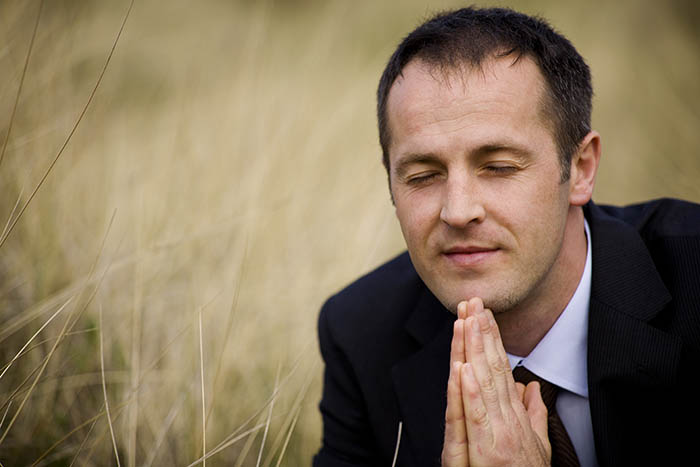
‘A New Song…?’
People go to church where they love going to church. It’s a fact of life in our consumer society. They love the music, the architecture, and the popular preacher. What’s more, it’s the church where the family has its ties and friends attend. But going to church where we like going to church may not be the best thing for us. Psalm 96 tells us why.
Sing to the Lord a new song,… it begins. While new could be a reference to new music, there’s much more to it. The theme and tone of the psalm reveal that new refers primarily to God’s new work – beyond his work of creation – in rescuing fallen men and women. Further, it is a reference to God’s mercies that are ‘new every day’.
The words, the Lord touch on another theme that bubbles through the psalm: there is one creator and Lord. In Isaiah 45:5 we read: I am the Lord, and there is no other; besides me there is no god… And Paul the Apostle writes, we know that “no idol in the world really exists,” and, there is no God but one (1 Corinthians 8:4). The implications of this are enormous – encouraging and frightening. It is encouraging because we learn we are not alone in the universe: there is a purpose and direction to life. It is frightening because all men and women are called upon to do business with this one and only God, for he alone is the Lord.
Putting these ideas together, God’s people will want to sing to the Lord a new song, and praise his name together: he is our Lord and Savior. Further, verse 3 tells us we are to sing so that the city and the nations will hear. From the time of Kings David and Solomon Jerusalem was a busy international city. In Jesus’ day the temple layout included a court for Gentiles (the non-Jewish people) where the songs of God’s people would have been heard.
The logic of the psalm is this: the majesty and glory of God are to be promoted throughout the world because there is only one God who holds out the gift of forgiveness, new life and new hope to men and women who are ‘trapped in the dark dungeon of their own ego’, as Malcolm Muggeridge once put it. So the focus of the exhortation shifts from the Jewish people to the nations (96:7-10). As God’s people sang of God’s mercies, people in Jerusalem would come to know Israel’s God, the Lord who made the heavens.
Worship and witness. Through the flow of Psalm 96 we see a connection between worship and witness. True worship will manifest itself in witness. Inward-looking worship is just that – self-directed. Psalm 96 expects God’s people to be outward-focused – not only to God and one another, but also to the nations. We are to introduce them to the one true Lord. We are called upon to do this, not simply because God will one day judge the world (yes, verses 10-13 tell us this will happen), but also because there is only one Lord. Our reaching out to others is about stating a ‘reality’.
Ask. We need to ask ourselves why we go to church. Simply to see our friends or fulfil an obligation? Or to hear afresh and be challenged and renewed by God’s Word? To sing of the majesty and the mercies of God? To encourage others by our presence, mutual confession of sin, and common profession of faith in Jesus Christ? Is your church welcoming to ‘outsiders’ providing a clear, unambiguous message that Christ is the one true Lord?





